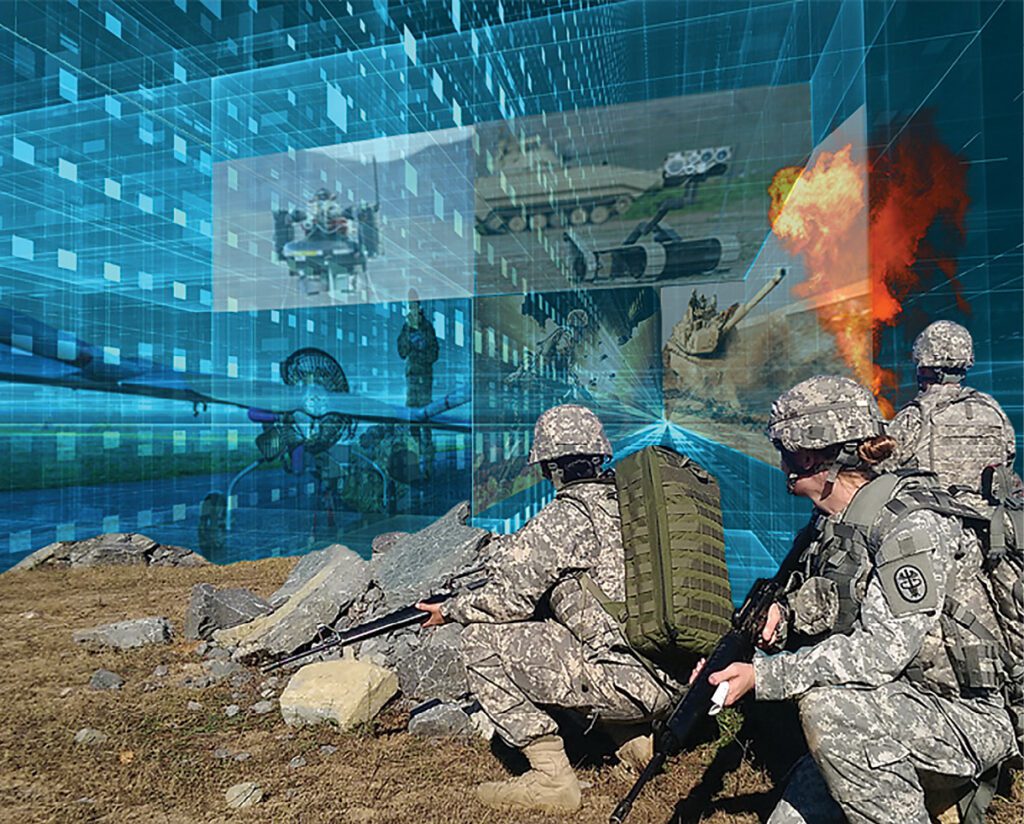Military leaders play a vital role in assessing current threats and developing effective strategies to address them. By analyzing a wide range of threats, both conventional and unconventional, they are able to determine the allocation of resources and focus of military operations. Expert opinions from military leaders are highly valued in shaping national security policies and ensuring the safety and security of their countries.
In assessing the threat landscape, military leaders take into account a variety of factors such as geopolitical tensions, technological advancements, and social and economic developments. By providing insights into the capabilities and intentions of potential adversaries, as well as offering recommendations on how to address these threats, military leaders help prepare their countries to face these challenges effectively. By staying abreast of the evolving threat landscape and developing innovative responses, military leaders can better protect their nations and secure a peaceful and prosperous future for their citizens.
Military leaders constantly assess the current threats facing their countries in order to develop effective strategies and tactics to address them. These assessments are crucial in determining the allocation of resources and the focus of military operations. Expert opinions from military leaders are highly valued in shaping national security policies and ensuring the safety and security of the nation.
Assessing the Threat Landscape
Military leaders assess a wide range of threats, both conventional and unconventional, that have the potential to destabilize the security of their countries. These threats can come from state actors, such as rival nations or terrorist organizations, as well as non-state actors, such as cybercriminals and extremist groups.
In assessing the threat landscape, military leaders take into consideration a variety of factors, including geopolitical tensions, technological advancements, and social and economic developments. They also consider the capabilities and intentions of potential adversaries, as well as the vulnerabilities of their own countries.
Expert Opinions from Military Leaders
Expert opinions from military leaders are highly valued in shaping national security policies and strategies. These leaders bring a wealth of experience and expertise to the table, having served in various capacities within the armed forces and dealt with a wide range of threats and challenges.
Military leaders assess threats through a combination of intelligence gathering, analysis, and strategic planning. They work closely with intelligence agencies, government officials, and other stakeholders to gather information and assess the potential impact of different threats on national security.
In providing expert opinions, military leaders offer insights into the capabilities and intentions of potential adversaries, as well as the strengths and weaknesses of their own countries. They also offer recommendations on how to address these threats, including the allocation of resources, the development of new technologies, and the training of personnel.
Assessing Current Threats
One of the key priorities for military leaders is to assess current threats and develop effective responses to address them. In today’s rapidly changing and unpredictable world, military leaders must be prepared to deal with a wide range of threats, from conventional military aggression to cyber attacks and terrorism.
In assessing current threats, military leaders consider the evolving nature of warfare and the increased use of technology by adversaries. They also take into account the changing geopolitical landscape and the rise of non-state actors, such as terrorist organizations and cybercriminals.
Military leaders must also be prepared to respond to new and emerging threats, such as the proliferation of weapons of mass destruction, the spread of infectious diseases, and the impact of climate change on global security. By staying abreast of these developments and assessing their potential impact on national security, military leaders can better prepare their countries to face these challenges.
Developing Effective Strategies
In order to address current threats, military leaders must develop effective strategies and tactics that are tailored to the specific circumstances facing their countries. These strategies may involve a combination of military, diplomatic, economic, and technological tools, as well as cooperation with allies and partners.
Military leaders must also consider the broader geopolitical context in which they operate, including the interests and capabilities of other nations, as well as the impact of regional and global events on national security. By taking a holistic approach to threat assessment and strategy development, military leaders can ensure that their countries are well prepared to address current threats and safeguard their national interests.
Conclusion
Military leaders play a crucial role in assessing current threats and developing effective strategies to address them. By providing expert opinions based on their knowledge and experience, these leaders help shape national security policies and ensure the safety and security of their countries. By staying abreast of the evolving threat landscape and developing innovative responses to address these challenges, military leaders can better protect their nations from harm and secure a peaceful and prosperous future for their citizens.
